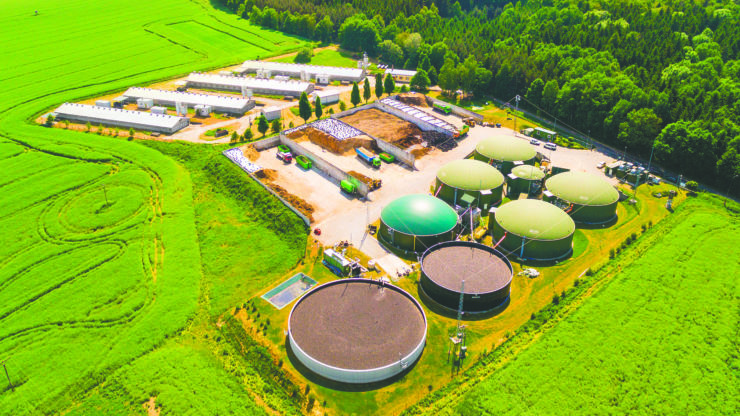Cities are not only home to growing consumption and production activities, making them large consumers of energy and major greenhouse gas emitters, they also face major challenges from climate change impacts, including heatwaves, pluvial and river flooding, coastal flooding and coastal erosion, droughts and water scarcity, vector-borne diseases, wildfires and windstorms.
Active participation from cities around the world is critical to defining and implementing a system-wide technology transition locally, nationally and globally, and local governments ought to play a major role with regard to both the mitigation of and adaptation to climate change.
Developed under and for the Global Technology Needs Assessment project, a new guidebook focuses on climate change in urban contexts and outlines options that local governments can use in their efforts to manage climate change. It covers both mitigation and adaptation actions and provides recommendations that are applicable in most contexts.
Download the guidebook here.
Providing options for mitigation and adaptation
The guidebook describes key mitigation and adaptation technologies that are of direct relevance in the urban context. It provides city-level decision-makers with information about the technological options they have in mitigating greenhouse-gas emissions and adapting their cities to the impacts of climate change.
For many actions to manage climate change, local governments are not only closer to impacts but also to the decision-making process. Bus-rapid transport systems and heatwave-related early warning and preparedness campaigns are cases in point. However, taking action requires an understanding of the main options at their disposal.
With the recommendations in the guidebook framed around a broad notion of “technologies”, the book covers everything from machinery and other physical artefacts to changes in the behaviour of individuals, including the way communities and their institutions organize themselves.
The Technology Needs Assessment project, a major initiative funded by the Global Environment Facility, is being implemented by the United Nations Environment Programme and the UNEP DTU Partnership.


